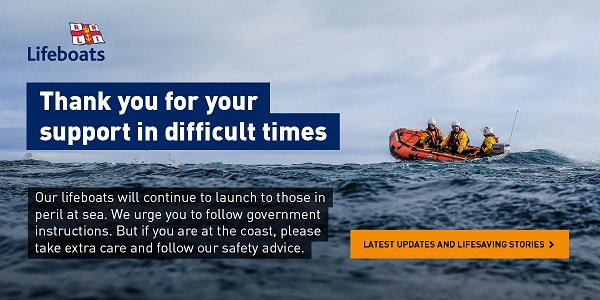
With the school summer holidays now in full swing, and many families choosing to staycation rather than travel abroad, The Royal National Lifeboat Institution (RNLI) and Her Majesty’s (HM) Coastguard are urging every parent to be aware of the potential dangers and to be beach safe.
On Sunday, seven people, including five teenagers, were lucky to be rescued after being caught in a strong, fast moving current in Aberdyfi in Gwynedd and last weekend also saw a number of swimmers pulled from the water after being caught in rip currents at Llangennith Beach on Gower.
And at the start of the month, RNLI lifeguards leapt to the rescue of 12 unsuspecting bathers who were swept off their feet by a rip current into rough seas at a beach in Cornwall.
Last year, RNLI lifeguards dealt with more than 1,500 incidents involving rip currents, saving the lives of 95 people caught in them. In Wales lifeguards dealt with 165 incidents involving rip currents last year.
Gareth Morrison, RNLI Head of Water Safety, said: ‘Our coastline is a fantastic place to spend time together as a family but there are also plenty of potential dangers, especially for those who aren’t fully aware of their surroundings.
‘Rip currents cause most incidents in the water that RNLI lifeguards deal in Wales and across the UK.
‘We are seeing a spike in incidents this summer involving these potentially deadly currents, which move even faster than an Olympic swimmer and can quickly drag people into deeper water away from the shore.
‘It’s important that anybody venturing in or near the sea knows, not just what rip currents are, but how to react if they are caught in one or see someone else in trouble.
‘They are difficult to spot and even the most experienced and strongest swimmers can find themselves caught out so it’s important where possible to use beaches that have lifeguards patrolling on them.’
If you find yourself caught in a rip current, try to remember the following key safety advice:
- Don’t try to swim against it, you will quickly get exhausted.
- If you can stand, wade don’t swim.
- If you can, swim parallel to the shore until free of the rip and then head for shore
- If you can’t swim – FLOAT to live by leaning back in the water, extending your arms and legs, and resisting the urge to thrash around to gain control of your breathing
- Raise your hand and shout for help.
- If you see anyone else in trouble, alert the lifeguards or call 999 or 112 and ask for the Coastguard.
Off-duty Aberdyfi lifeboat crew member Arwel Jones was one of those who sprang into action on Sunday afternoon after his wife spotted someone running in to rescue two teenagers struggling in the water.
Together with some lifeguard friends and former lifeboat crew who happened to be wind and kitesurfing, they pulled the group to safety.
‘They were just so lucky the right people happened to be in the right place at the right time,’ said Arwel. ‘There was even a doctor on the beach by chance, when we got them out of the water.
‘It’s a scary thought but a few seconds here or there and it could have been a very different outcome.
‘On this occasion the current which caught the group out was part of the normal tidal flow in the estuary at Aberdyfi rather than a rip current, but it really highlights the need to be aware of all currents in the beach environment.’
While rip currents are not the only danger at the coast, with tidal cut-offs and inflatables also the cause of many emergency calls, they make up the majority of incidents in the water for RNLI lifeguards and are a major cause of accidental drowning across the world.
The RNLI and Coastguard strongly advise against taking inflatables to the beach and urge people to be aware of the tide times and local hazards to avoid getting into trouble.
Director of HM Coastguard Claire Hughes said: ‘We’ve seen so many times how easy it is to get caught out by the sea.
‘That is why it is important to swim or bodyboard on lifeguarded beaches, stay within your depth, swim parallel to the shore and keep a close eye on friends and family at the beach and in the water.
‘Make sure you are always contactable at the coast by carrying a fully-charged mobile phone and if you get into trouble or see someone else in trouble, call 999 and ask for the Coastguard.’
Background:
- Despite the ongoing challenges posed by Covid-19 and social distancing the RNLI is providing a lifeguard service on 176 beaches this summer, while RNLI lifeboat crews and HM Coastguard remain on call 24/7 ready to respond to emergencies.
- During last year’s school summer holidays RNLI lifeguards responded to 5,264 incidents involving under-18s across the UK.
- In the same school holiday period, they saved 92 lives across all age groups.
- Rip currents accounted for 1,557 incidents dealt with by lifeguards last year in the UK with 95 lives saved.
- They also helped to reunite nearly 1,800 lost children and teenagers with their families and aided 346 people in incidents involving inflatables.
For further information on the beach safety campaign visit: rnli.org/beach2020
A full list of lifeguarded beaches can be found here: rnli.org/find-my-nearest/lifeguarded-beaches


 Nantwich Food Festival – A wonderful Food Festival with great live Music
Nantwich Food Festival – A wonderful Food Festival with great live Music
 Appeal for witnesses and footage following collision in Winsford
Appeal for witnesses and footage following collision in Winsford
 Crewe county lines drug dealer jailed
Crewe county lines drug dealer jailed
 Council launches four new community grants to empower local change
Council launches four new community grants to empower local change
 Crewe drug dealer jailed after being caught red handed by detectives
Crewe drug dealer jailed after being caught red handed by detectives
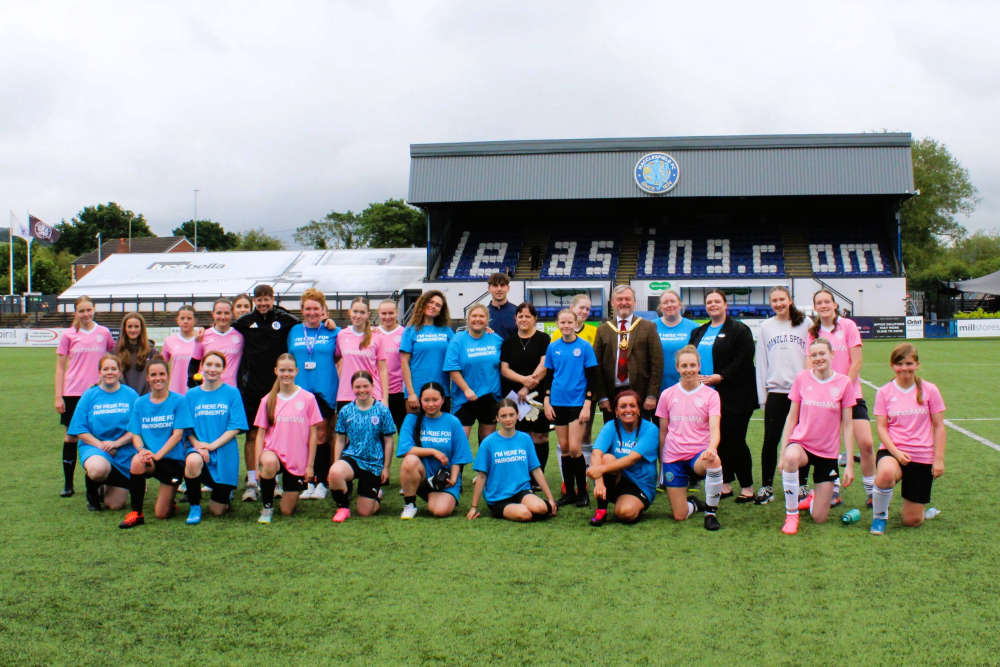 ‘Kick4Alzheimers’ charity football match at Macclesfield FC
‘Kick4Alzheimers’ charity football match at Macclesfield FC
 Official opening of new NHS surgical centre in Northwich
Official opening of new NHS surgical centre in Northwich
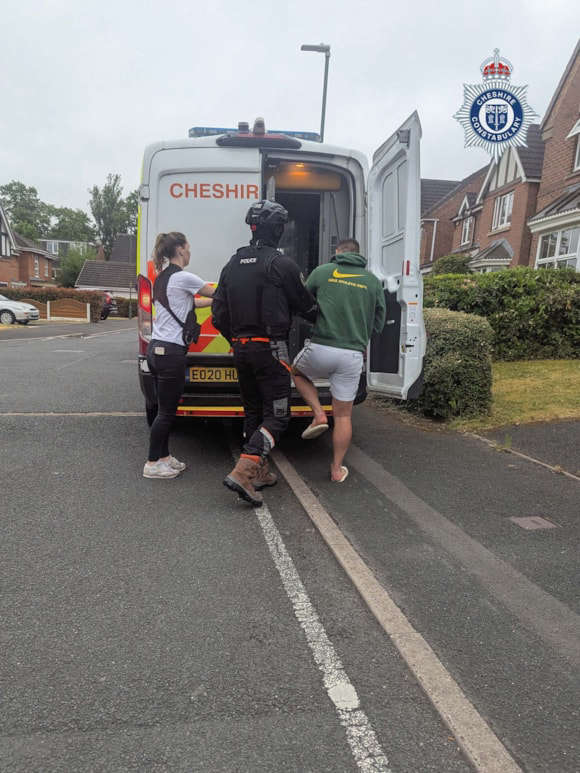 Cheshire police arrest four people in the Midlands in relation to million-pound burglary series
Cheshire police arrest four people in the Midlands in relation to million-pound burglary series
 Community boxing club gets Constabulary and Crimebeat boost
Community boxing club gets Constabulary and Crimebeat boost
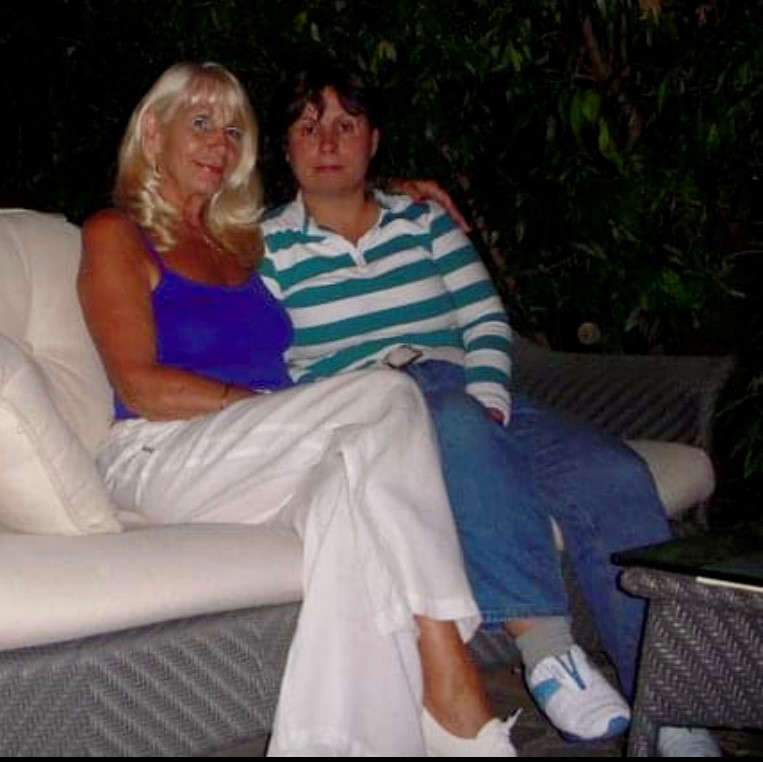 Donna set for Kilimanjaro climb in aid of Macclesfield Hospital’s Emergency Department
Donna set for Kilimanjaro climb in aid of Macclesfield Hospital’s Emergency Department
 Nantwich Food Festival shortlisted for prestigious award
Nantwich Food Festival shortlisted for prestigious award
 RSPCA’s Bark in the Park
RSPCA’s Bark in the Park
 Ninja Sword amnesty launched ahead of legislation change
Ninja Sword amnesty launched ahead of legislation change
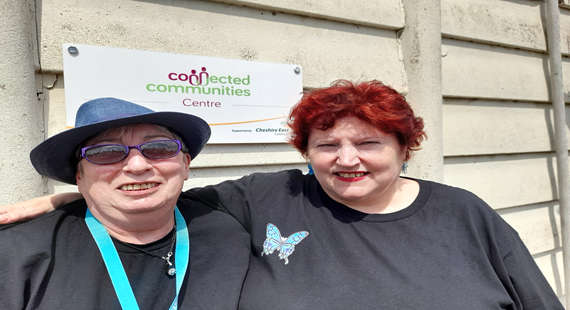 Finding hope and connection inside Crewe’s ConNEXTions recovery hub
Finding hope and connection inside Crewe’s ConNEXTions recovery hub
 Man charged following armed robbery in Crewe
Man charged following armed robbery in Crewe
 Man charged following police collision in Haslington
Man charged following police collision in Haslington
 What's On At Jodrell Bank Over The Summer
What's On At Jodrell Bank Over The Summer
 By popular request Nantwich Food Festival runs the History Food Tours for 2025
By popular request Nantwich Food Festival runs the History Food Tours for 2025
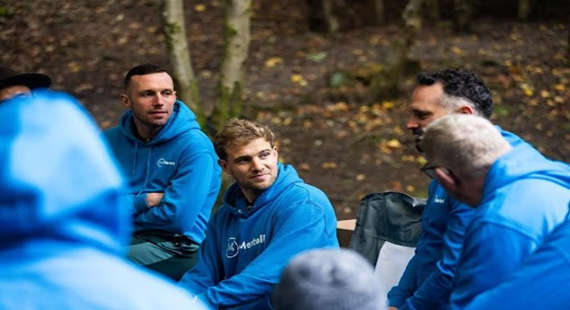 New veteran support project launches in Cheshire East
New veteran support project launches in Cheshire East
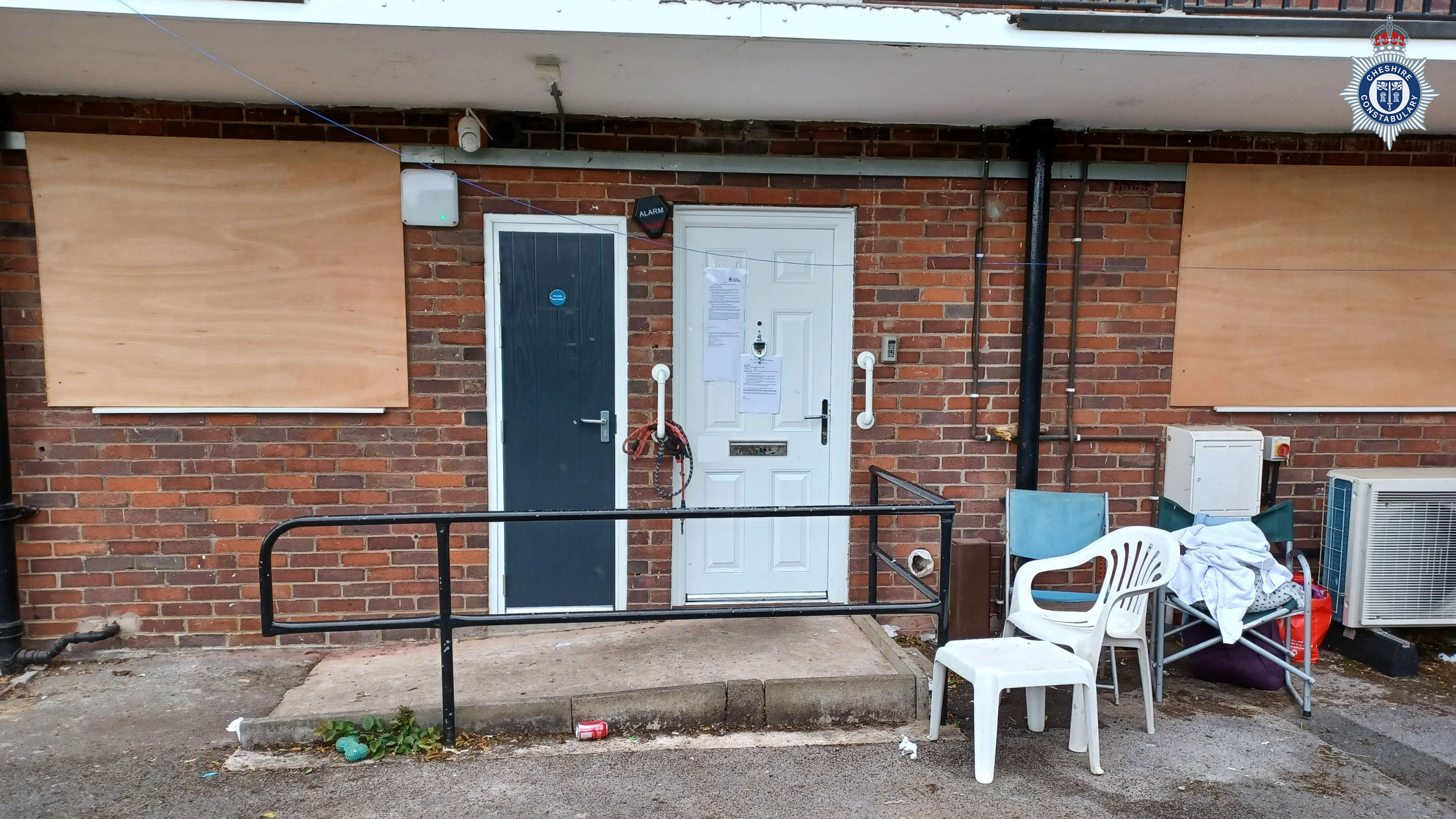 Officers granted closure order for troubled property in Macclesfield
Officers granted closure order for troubled property in Macclesfield


